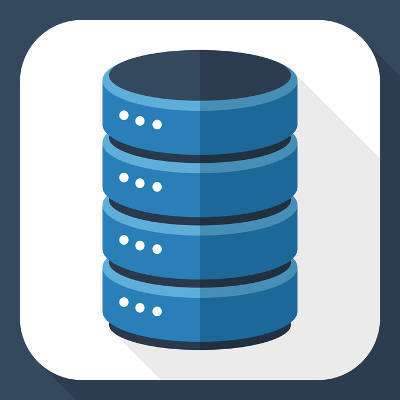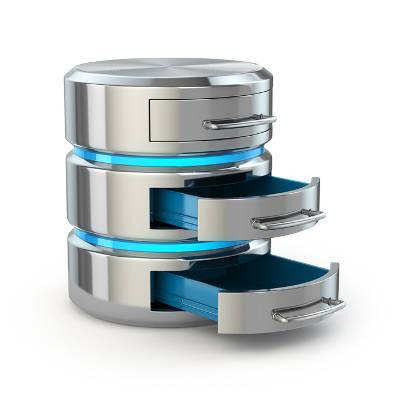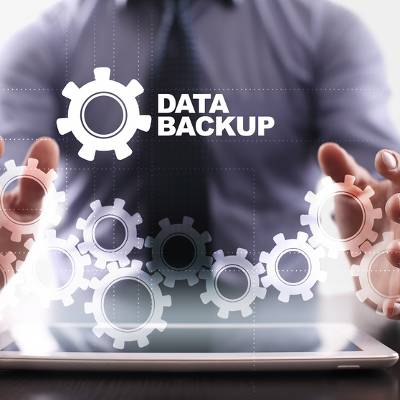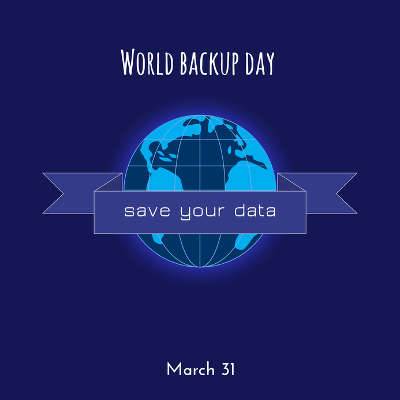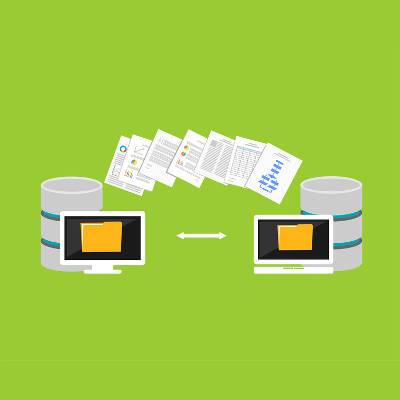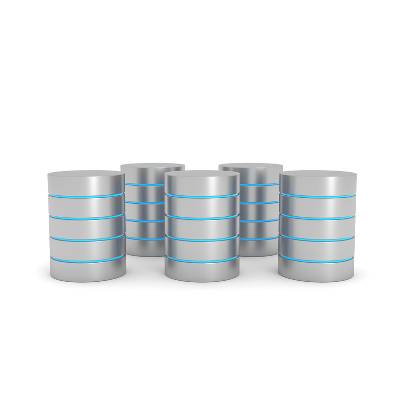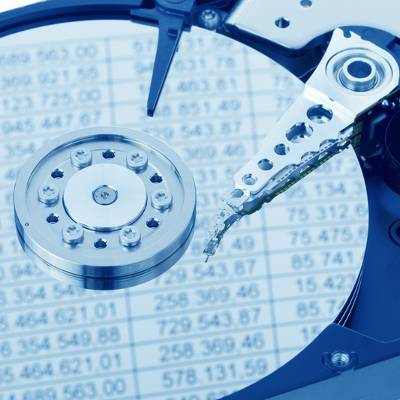Hurricane season can be a terrifying time for business owners; those in at-risk climates can never feel safe from these types of unpredictable and catastrophic disasters. In particular, those who aren’t prepared to face this destruction are in significant danger of having their businesses ended for good following a disaster event like a hurricane. Let's help you make sure your organization doesn’t suffer this same fate the next time a disaster occurs.
Macro Systems Blog
Data backup is an imperative aspect of any business endeavor; if you don’t have one all of your hard work could be lost in a second. It’s not pleasant to think about, but your organization's infrastructure could be put at risk of sudden annihilation. With so much at stake, what is the best way to approach managing your data? There are a lot of options out there, but there is only one that will allow your business to get back in action following a data loss incident.
Disasters are an unfortunate part of doing business in a technology-heavy workplace environment. You need to expect the worst, but it’s often difficult to predict what types of disasters your organization will have to endure. There are a few universal disasters that you’ll encounter, regardless of where in the world your business operates.
Is your business still using tape as its primary method of data backup? If so, you could be missing out on a more reliable, less time-consuming alternative. Image-based, or “snapshot” backup solutions continue to be the optimal way to guarantee the continuity of your organization’s data infrastructure, and we’ll explain why.
Having access to your company’s data is absolutely crucial to your success. After all, in today’s day and age, it is an extraordinarily important aspect of your business’ sustainability. Everything you do is influenced in some way by the data you have generated and/or collected--so what would you do if it was suddenly gone?
Today most companies utilize computers in the dissemination of their services. Whatever the specifics of your business, you depend on your data. Since most businesses also provide goods and services for many people that indirectly depend on it, having a plan to protect the business from potential devastation is important.
Consumers can now take full advantage of a data backup system that’s both affordable and convenient, allowing them to keep their data as safe as can be in the event of a disaster. While it might not be ideal for business purposes, the average PC user can surely benefit from Google Drive’s new backup system, which takes advantage of the Backup and Sync application.
When we talk about best practices, we are typically referring to the practices used by successful companies to garner the best results. A new study by Disaster Recovery has shown that, as backup and recovery solutions go, enterprises are providing some pretty disappointing results as many fail to continuously back up their data and it results in additional inherent risk.
As a business owner, you’ve surely thought about what the future holds for your organization. However, one of the things that you need to think about that’s not often considered is the event of a data disaster. How can your business bounce back from such a catastrophic event? One of the first steps is understanding your data backup and disaster recovery process, as well as how you can improve your current setup.
Data might be the single most important asset of any business, but you would be shocked to hear about how many organizations don’t consider data loss to be a prominent threat. The fact remains that it doesn’t take an immense disaster to wipe out an entire infrastructure, and that you should expect the worst to happen regardless of how unlikely it is to do so.
Data backup is a critical component of a business continuity plan, but there are many businesses that fail to understand why data backup is important, as well as what it entails. We want to clear up some facts about how data backup is important, and why you need it for your business. Only with a thorough understanding of how your data backup saves your infrastructure can you effectively use it for business continuity.
Data backup and disaster recovery are critical to the success of the modern business, but so many organizations still don’t see the importance of maintaining copies of their data infrastructure, or simply don’t think that they will fall victim to a data loss incident. Unfortunately, in this case, we have to insist that you consider data backup and disaster recovery; it’s not a matter of if you lose your data, but when.
 Data Backup and Disaster Recovery (BDR) isn’t your average data backup solution. In fact, it’s far from any traditional backup tool that you might have used in recent years. Here’s how BDR is changing the way that organizations approach business continuity and ensuring their continued success and sustainability.
Data Backup and Disaster Recovery (BDR) isn’t your average data backup solution. In fact, it’s far from any traditional backup tool that you might have used in recent years. Here’s how BDR is changing the way that organizations approach business continuity and ensuring their continued success and sustainability.
 Everything is fine and dandy in your office. Everyone is working at a desirable rate, and you’re getting more business than ever before. Then, disaster strikes. Your server overheats, causing irreparable hardware failure, and you’re immediately caught in a pickle. Operations screech to a halt, data is lost, and you’re stuck in a situation that puts your business’s future in jeopardy. Of course, all of this can be quickly remediated with a quality disaster recovery plan.
Everything is fine and dandy in your office. Everyone is working at a desirable rate, and you’re getting more business than ever before. Then, disaster strikes. Your server overheats, causing irreparable hardware failure, and you’re immediately caught in a pickle. Operations screech to a halt, data is lost, and you’re stuck in a situation that puts your business’s future in jeopardy. Of course, all of this can be quickly remediated with a quality disaster recovery plan.
 As a business that values its data, you need to have some sort of backup solution put into place. Otherwise, a disaster could put your business’s future on the line. Unfortunately, it’s not always easy to make such an important decision on the fly. The first step toward integrating a backup solution for your business is to do your research and understand what your options are.
As a business that values its data, you need to have some sort of backup solution put into place. Otherwise, a disaster could put your business’s future on the line. Unfortunately, it’s not always easy to make such an important decision on the fly. The first step toward integrating a backup solution for your business is to do your research and understand what your options are.
 Your business’s data is one of the most important assets your company has, and with the bat of an eyelash, it could all be gone. Imagine an unexpected hardware failure causing your business downtime and severe data loss. All businesses should be aware of the importance of data backup and recovery, especially if they utilize personal or sensitive information.
Your business’s data is one of the most important assets your company has, and with the bat of an eyelash, it could all be gone. Imagine an unexpected hardware failure causing your business downtime and severe data loss. All businesses should be aware of the importance of data backup and recovery, especially if they utilize personal or sensitive information.
 You always hear about IT professionals discussing the importance of data backup. Why? Because it’s one of the single most-important processes you can integrate into your business continuity plan. While all managed services present a value to your business, only the Backup and Disaster Recovery (BDR) solution is capable of restoring data that has been lost thanks to unexpected hardware failures or natural disasters.
You always hear about IT professionals discussing the importance of data backup. Why? Because it’s one of the single most-important processes you can integrate into your business continuity plan. While all managed services present a value to your business, only the Backup and Disaster Recovery (BDR) solution is capable of restoring data that has been lost thanks to unexpected hardware failures or natural disasters.


